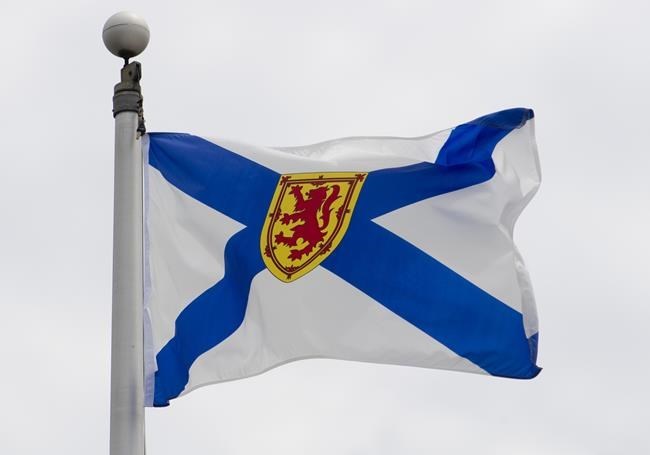HALIFAX — The next time you order a meal in Nova Scotia, you could get a discount on your bill – if you know some Gaelic.
Under a pilot program, the Nova Scotia government is offering up to $1,000 to small- and mid-sized businesses that promote the Gaelic language and culture, which are deeply ingrained in the province's history.
Among other things, the Gaelic Business Initiative encourages businesses to hire Gaelic-speaking employees and incorporate the ancient language into their marketing, advertising, events and daily routines.
"Gaels worldwide represent a distinct and significant economic presence," says the non-profit Scotland-Nova Scotia Business Association, which is administering the program. "Nova Scotia ... has a unique opportunity to promote its 'Gaelic brand.'"
One suggestion for applicants is to provide customers with bilingual menus and offer markdowns for those who attempt to place their order in Gaelic.
"Businesses can benefit by offering their customers a unique experience," said program spokesman Nick Nickerson, who helped start the program in January. "That's going to attract customers and create loyalty."
The provincial government's Gaelic Affairs division says that among the one million people who call Nova Scotia home, about 230,000 are descendants of Gaelic settlers who started arriving from the Highlands and islands of Scotland in the 1700s. Most of them settled in the eastern mainland of the province and in Cape Breton.
Several communities in the area have Scottish names, including Arisaig, Eigg Mountain, Bornish and Keppoch. In the early 1900s, as many as 50,000 Nova Scotians spoke Gaelic as their first language.
"About a third of Nova Scotians have Gaelic heritage," said Nickerson, who added that similar programs have been launched to preserve the Gaelic language in Scotland and Ireland. "And Nova Scotia is the only place outside of Scotland where Gaelic is still spoken on a daily basis."
Gaelic-related businesses and events contribute $23 million annually to Nova Scotia's economy, the provincial government says.
In Cape Breton, the Celtic Colours International Festival has become a popular tradition, particularly when it comes to traditional music. English-Gaelic road signs are common in the eastern districts, and Gaelic studies are offered in 15 public schools. As well, the Gaelic College in St. Ann's, N.S., known as Colaisde na GĂ idhlig, offers year-round courses on Gaelic culture, music, language and crafts.
Despite the Gaels' long and colourful history in Nova Scotia, there are only about 2,000 Gaelic speakers left.
As for the pilot project, it will cover up to 50 per cent of the cost of eligible events and activities, which could also include hosting a ceilidh, the Gaelic word – pronounced KAY-lee – for a Scottish gathering or party that features traditional folk music and dancing.Â
"For many people ... in Canada, their knowledge of the Gaelic culture and language is that it is dormant," said Nickerson, who spent a year living in Scotland and has been studying Gaelic for five years. "We feel that promoting it through business is a way to allow people to rediscover the language."
This report by The Canadian Press was first published Aug. 15, 2023.
Michael MacDonald, The Canadian Press




